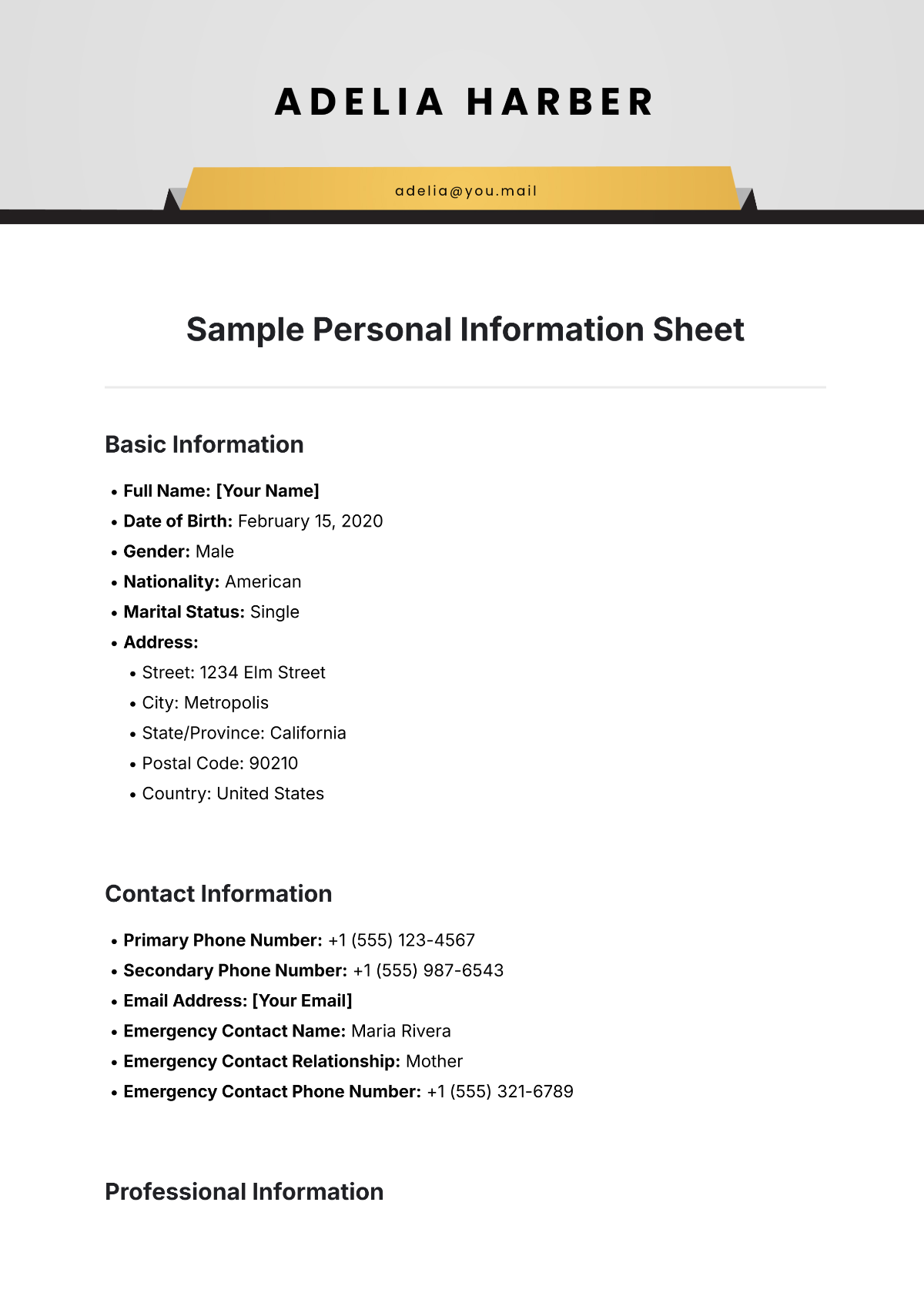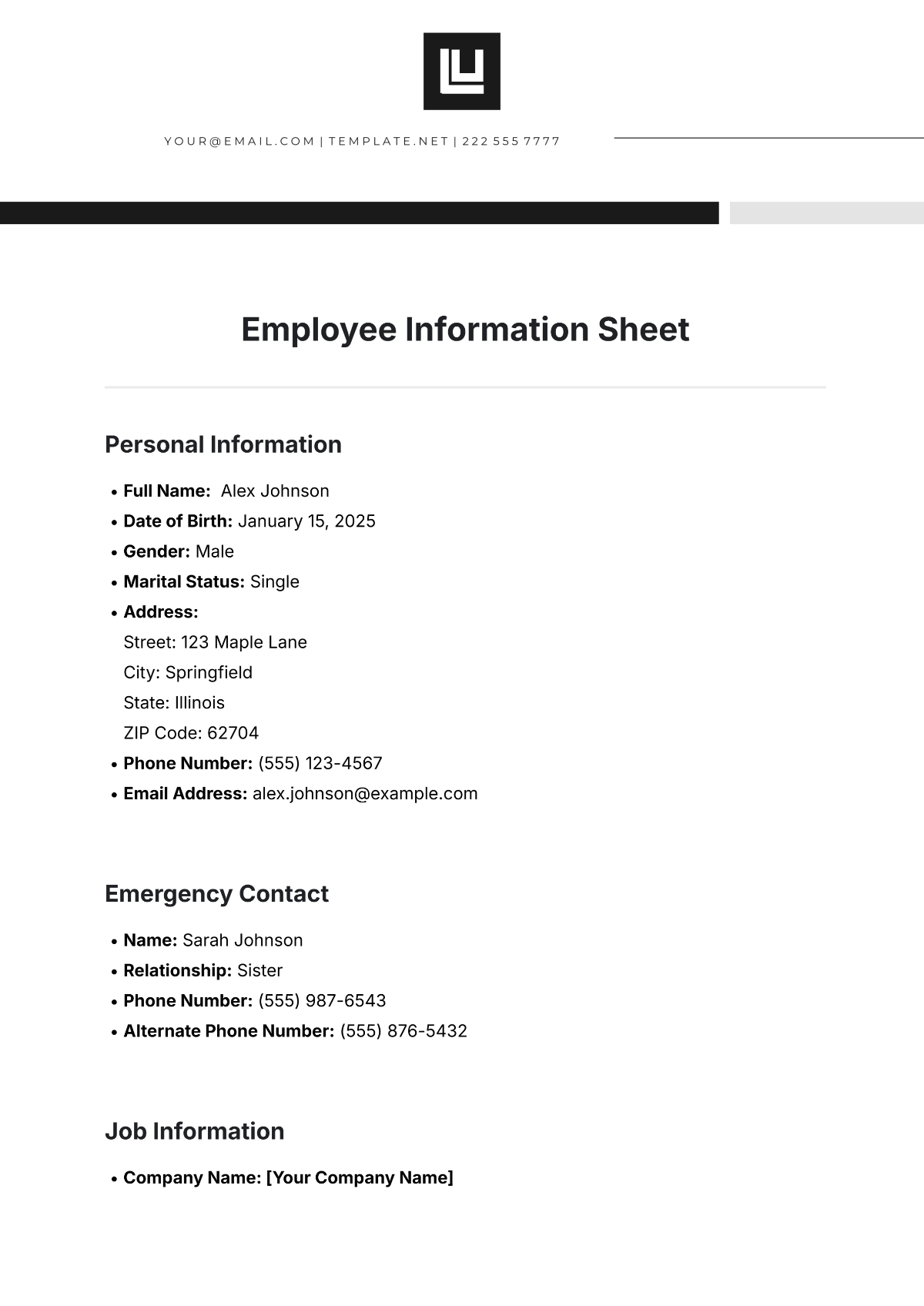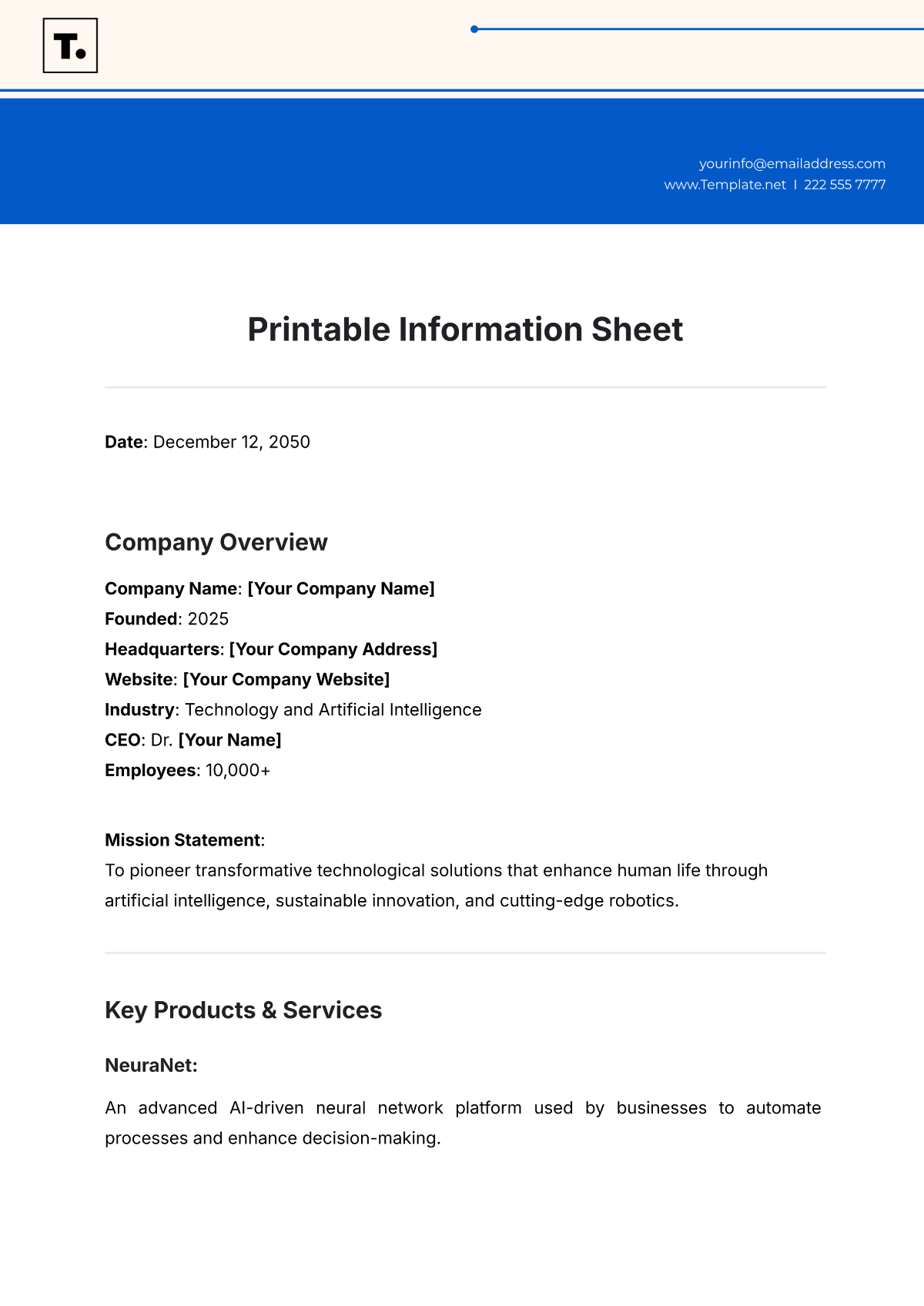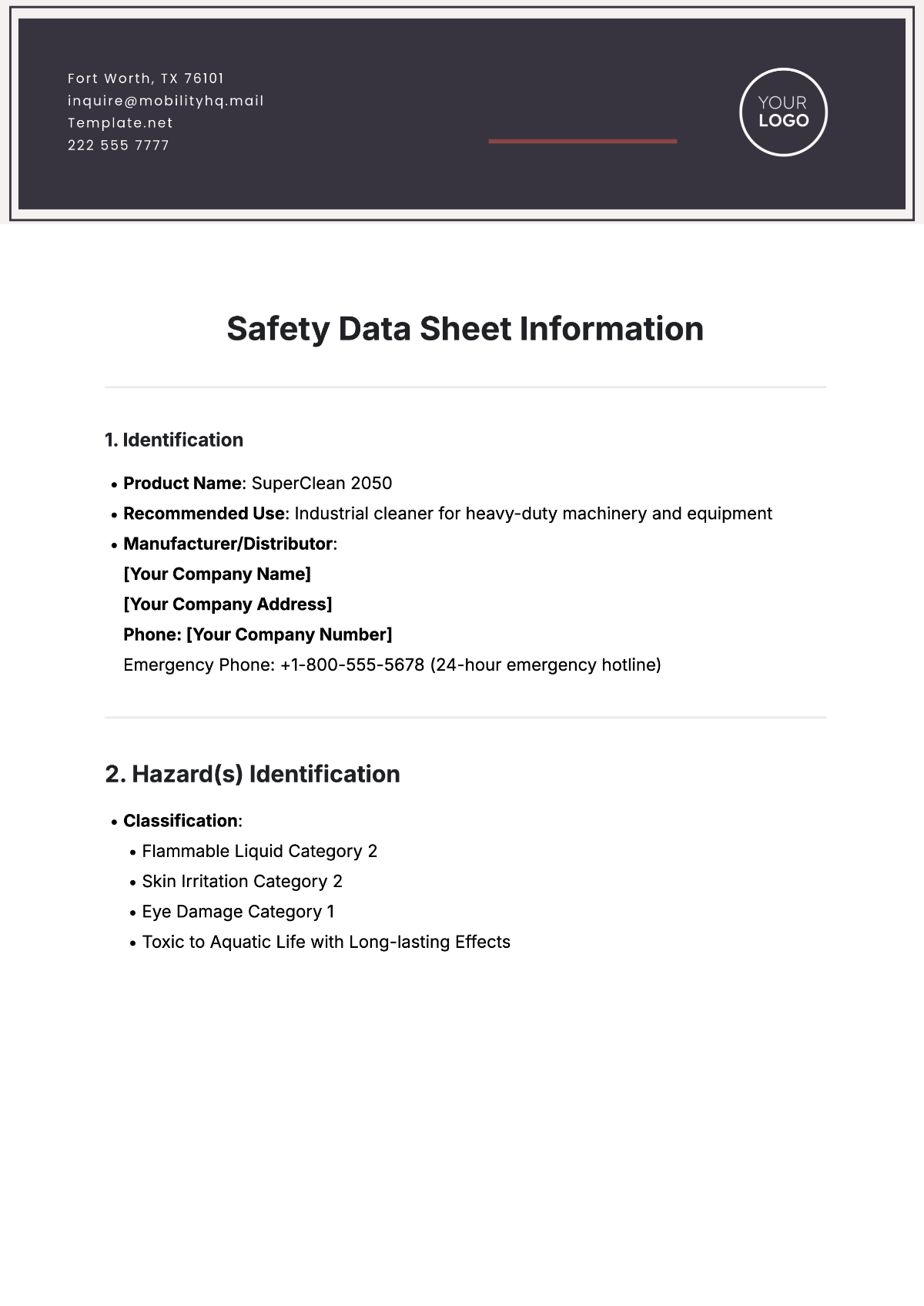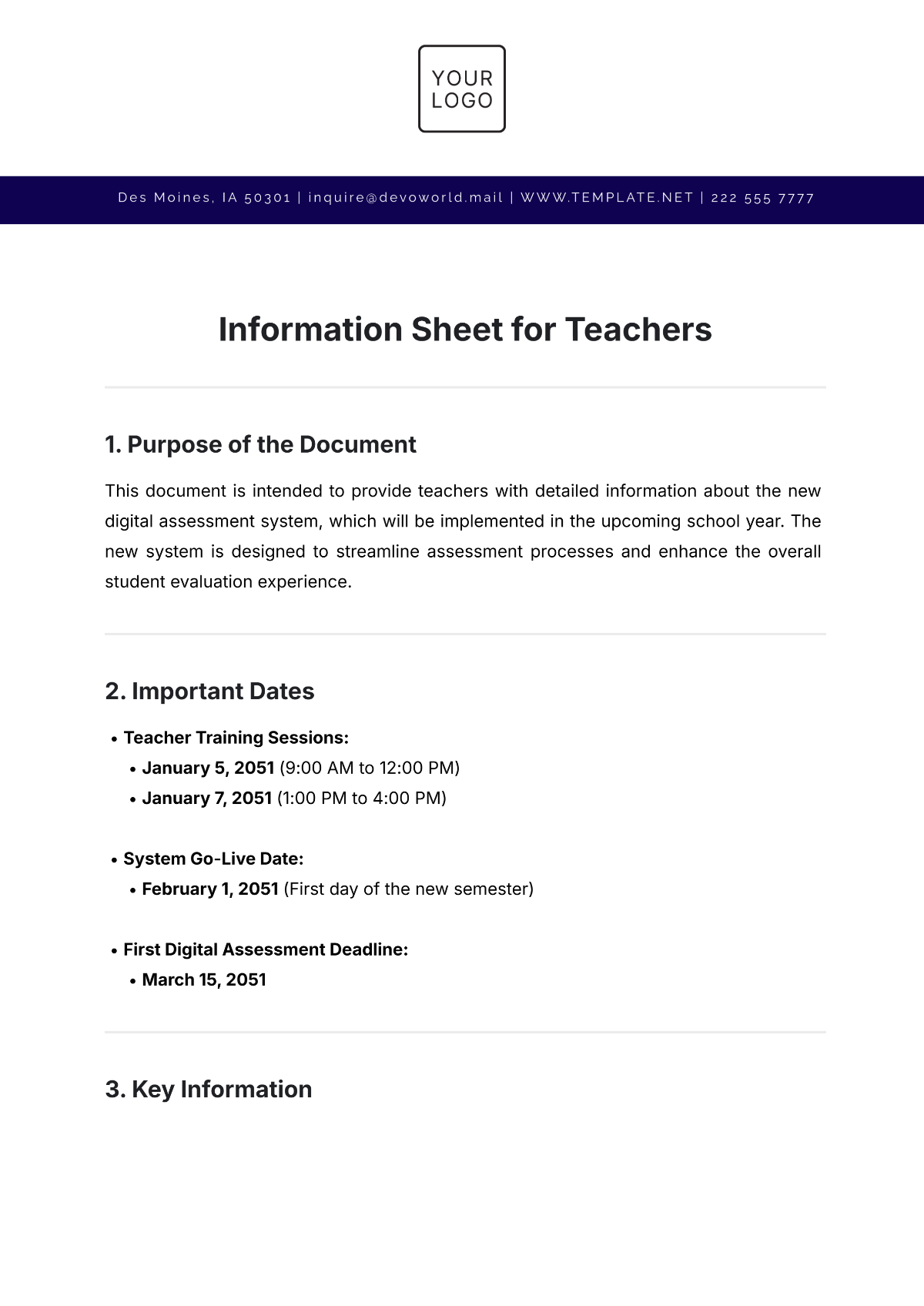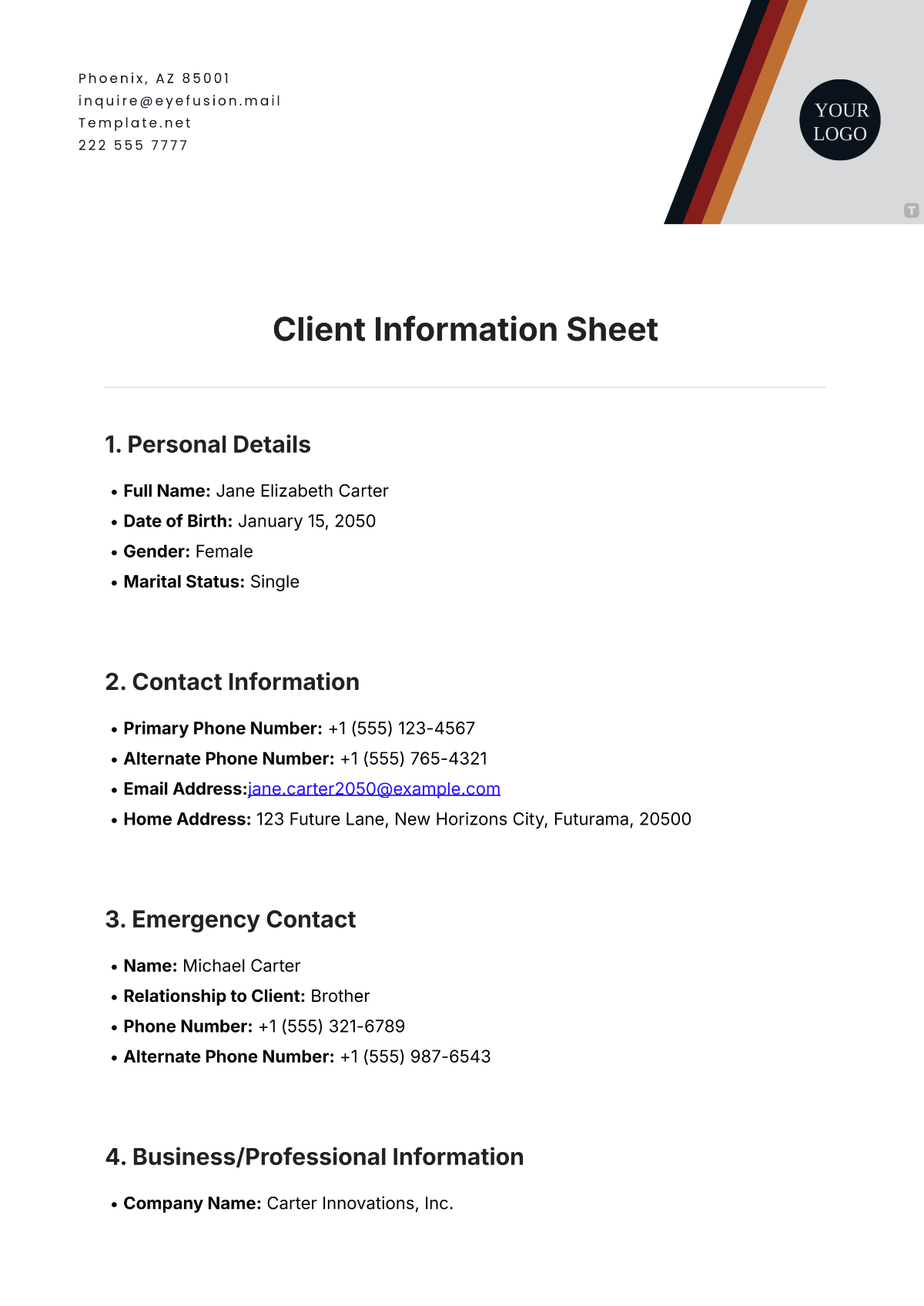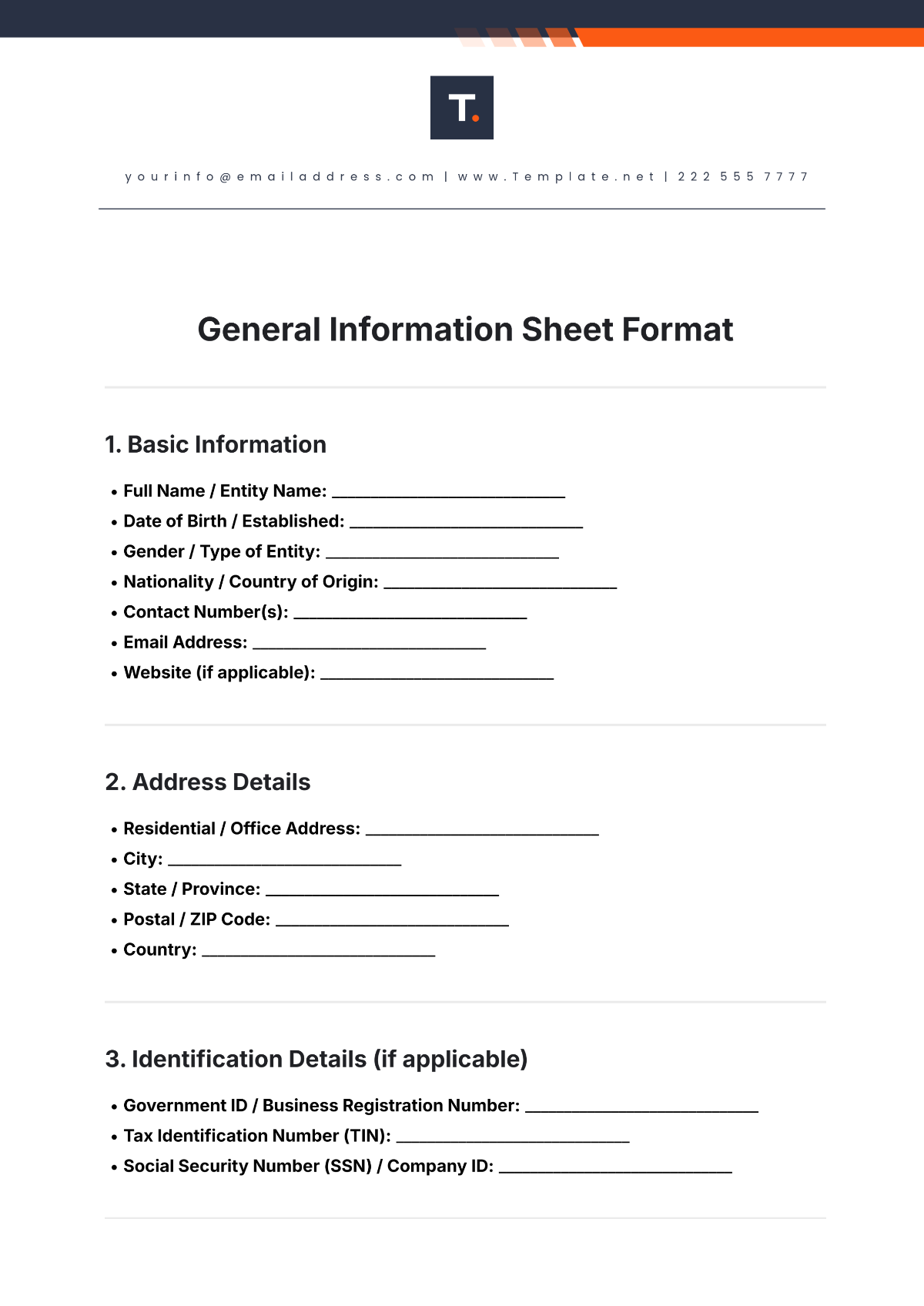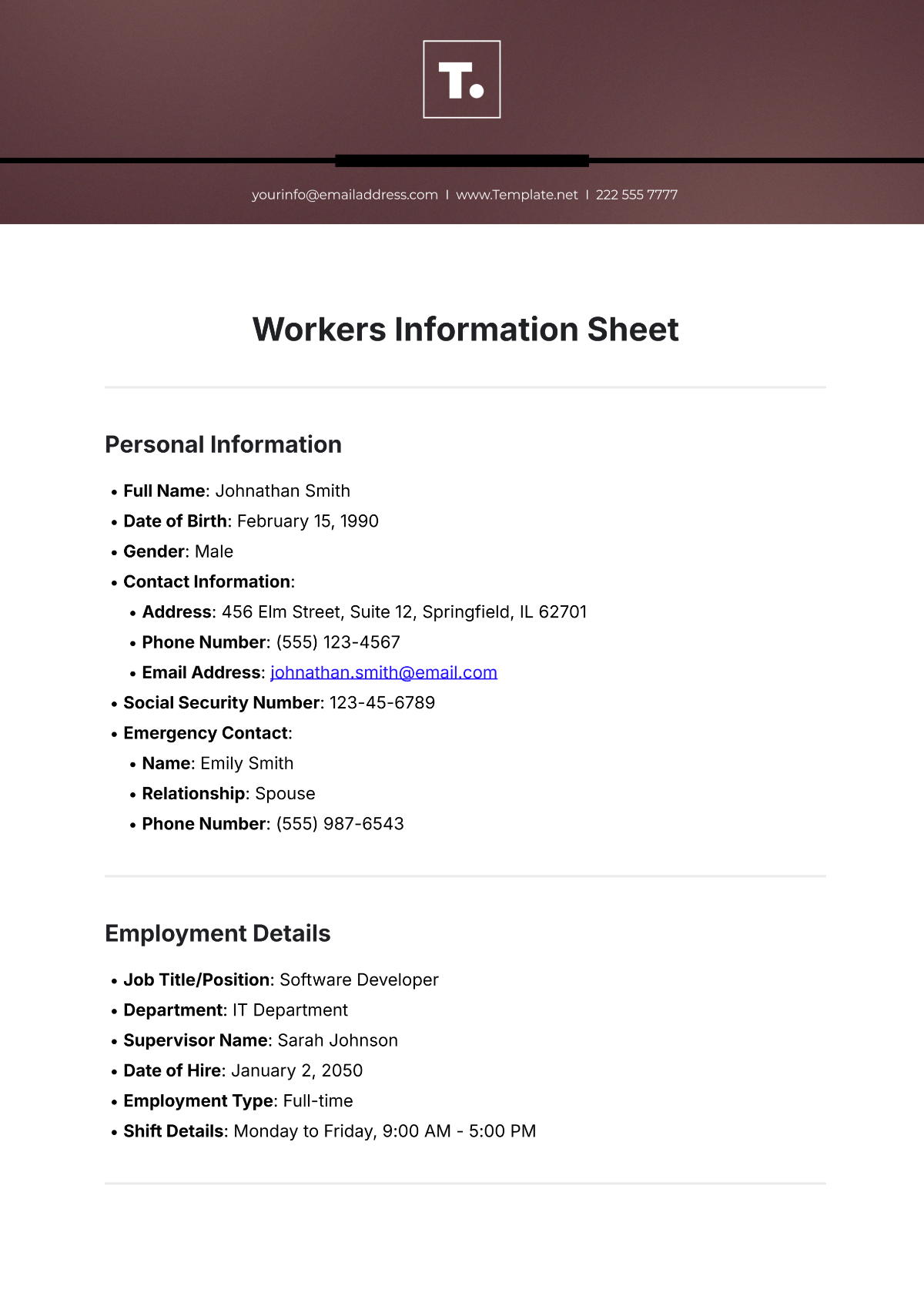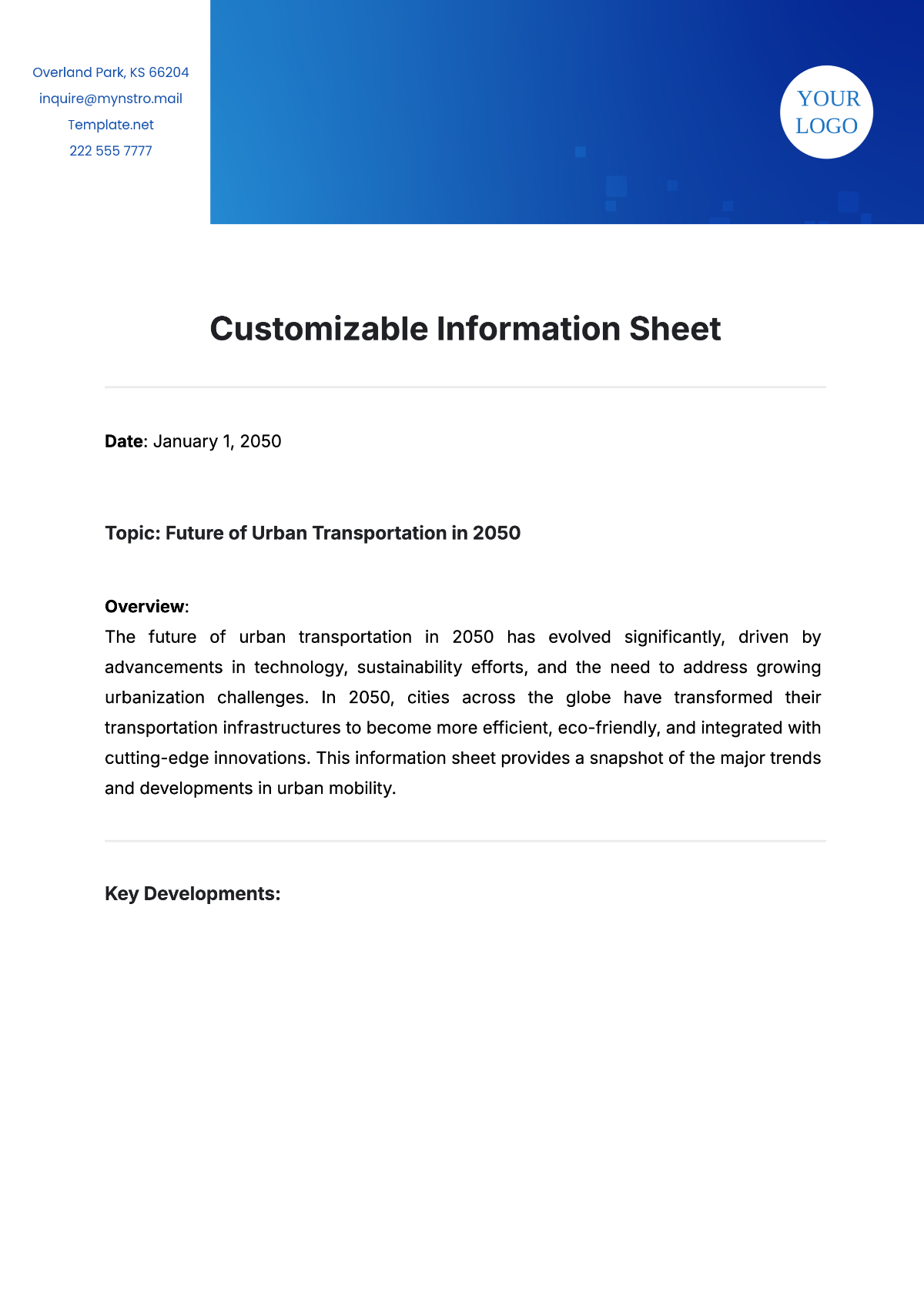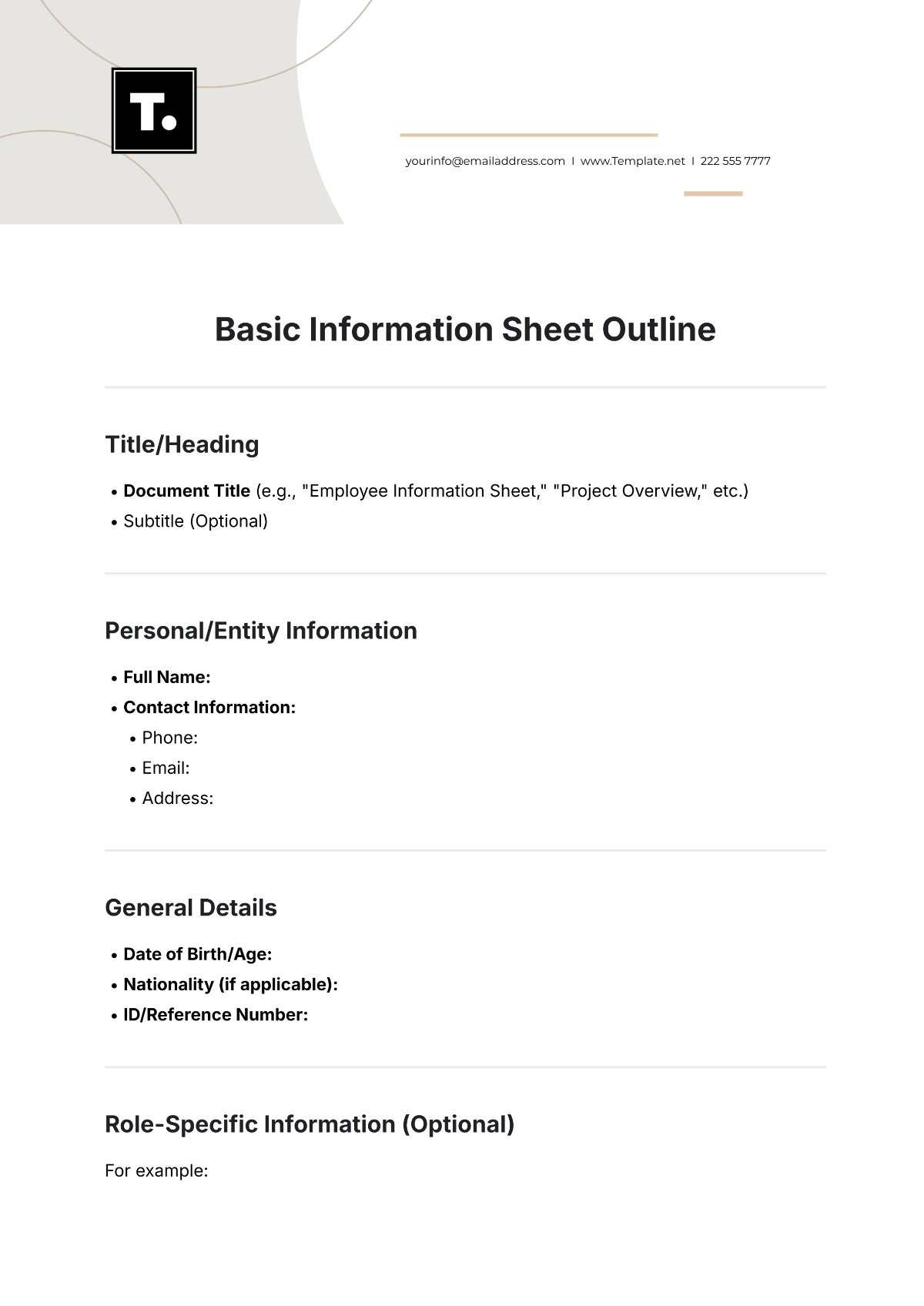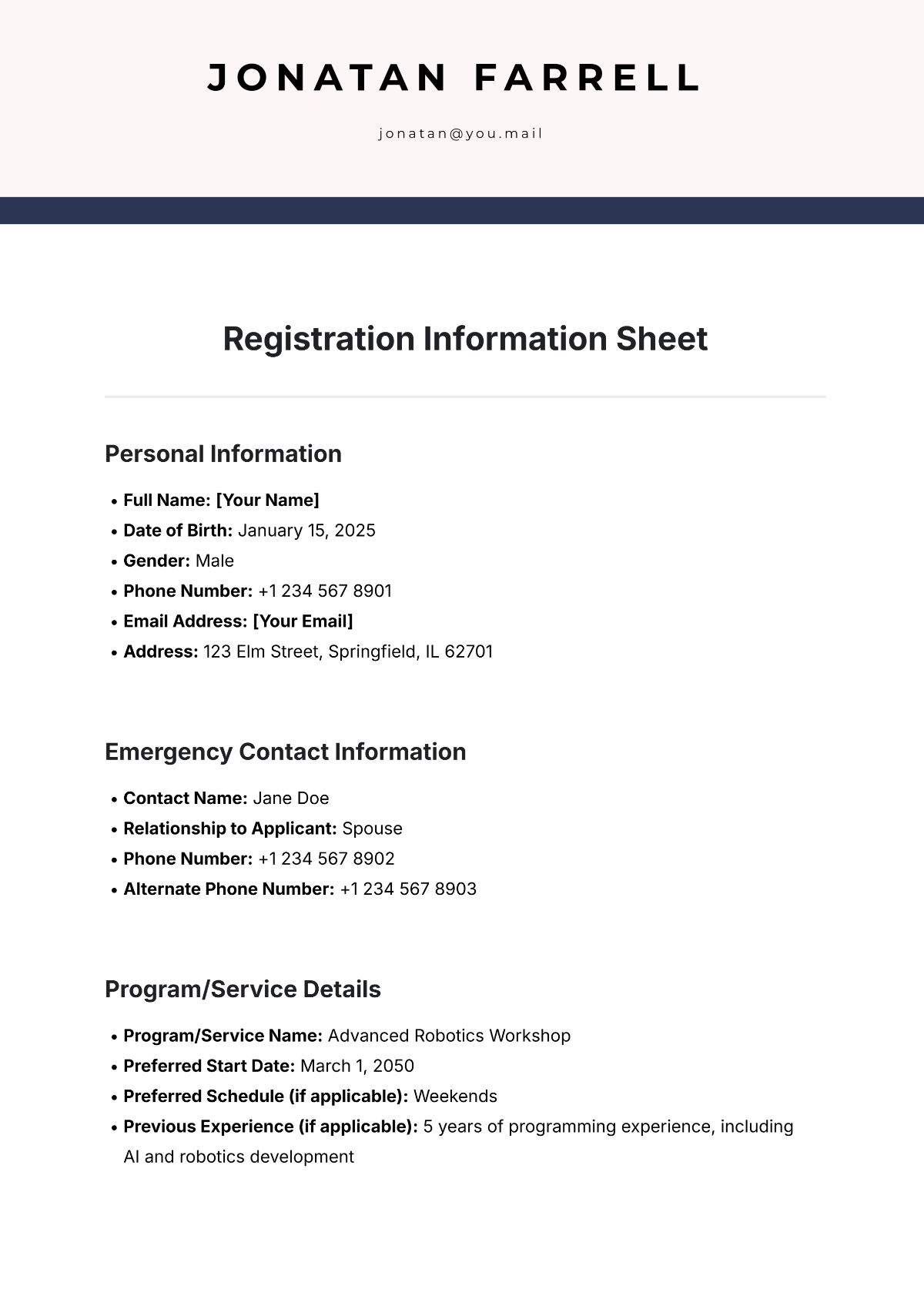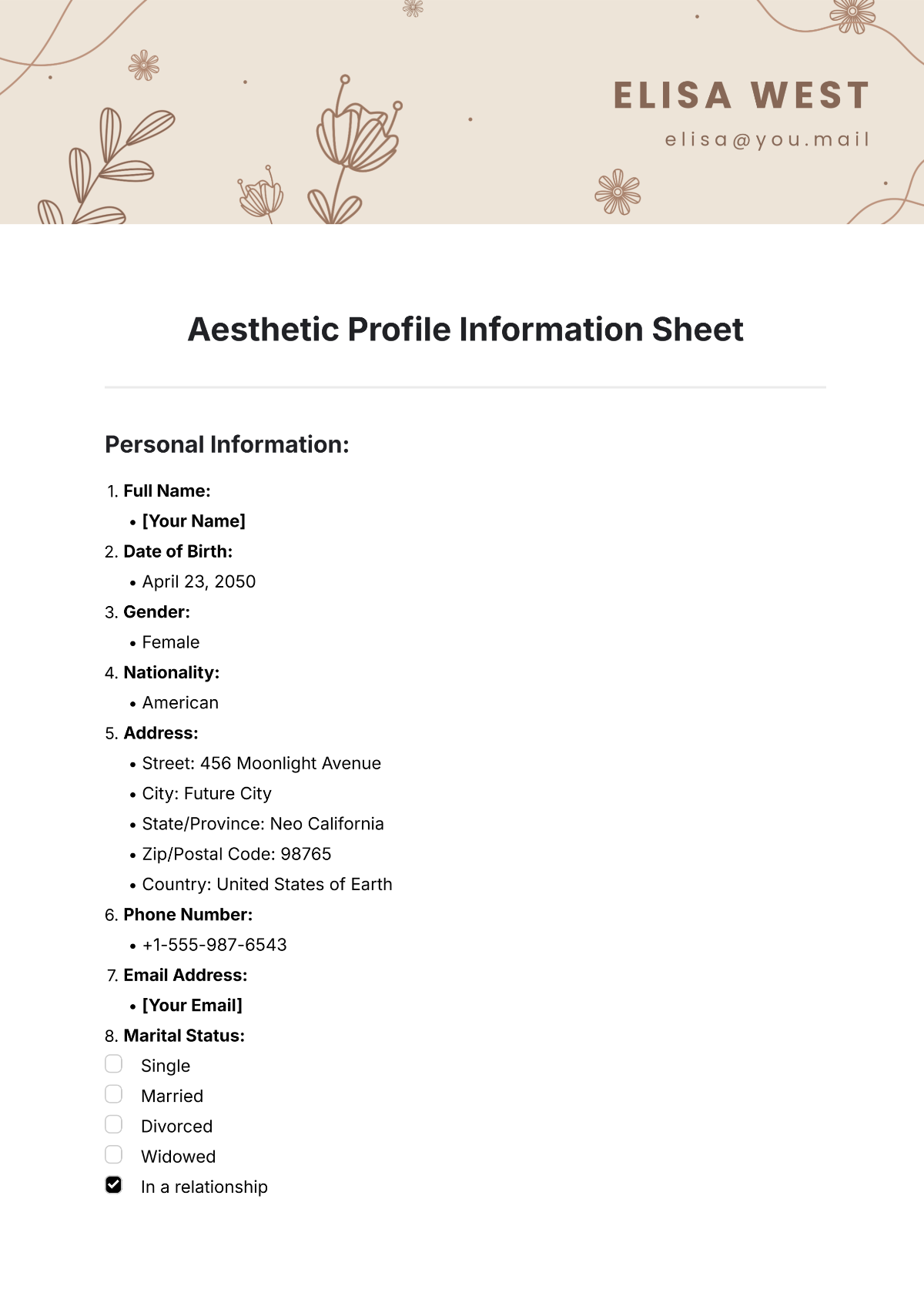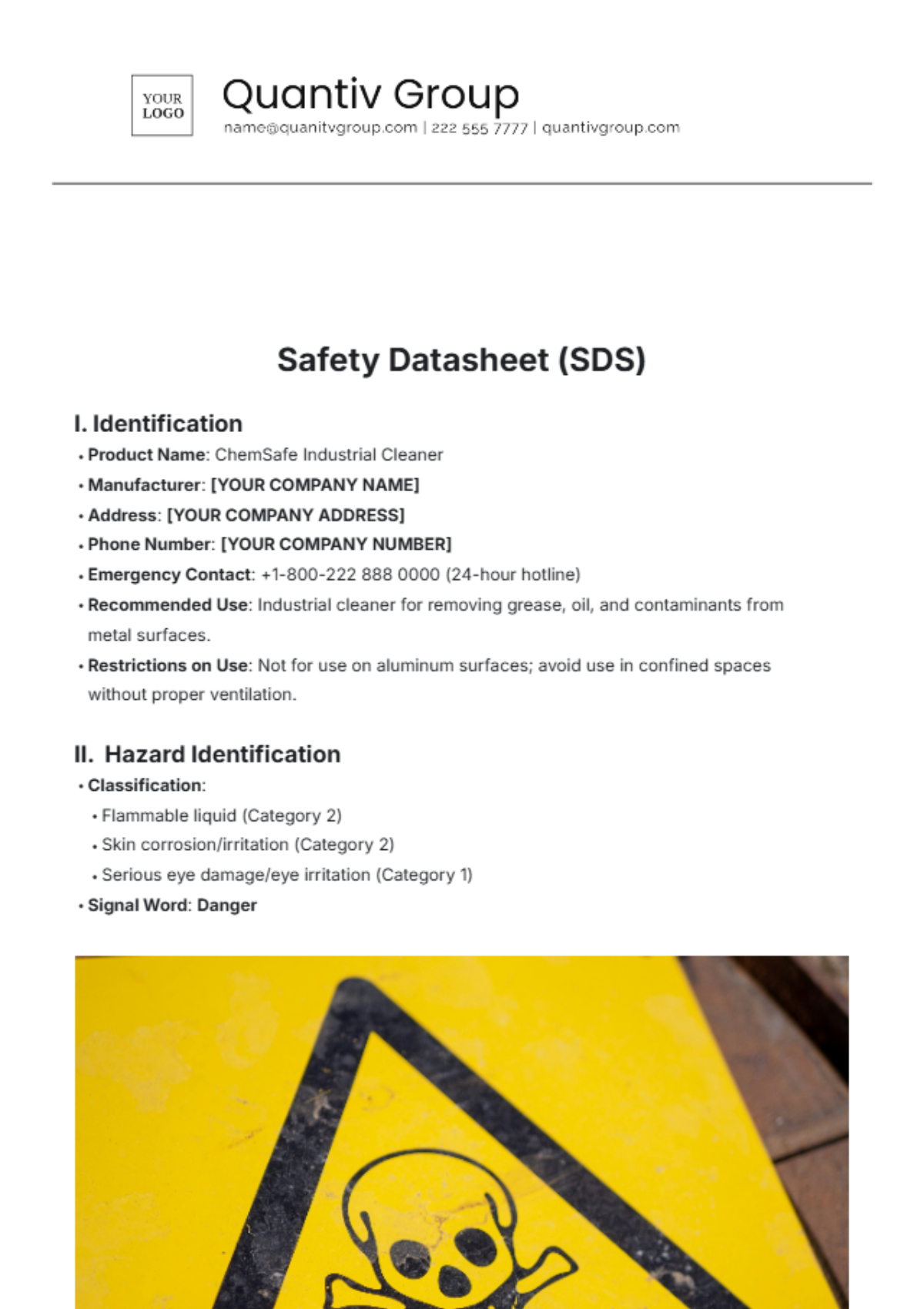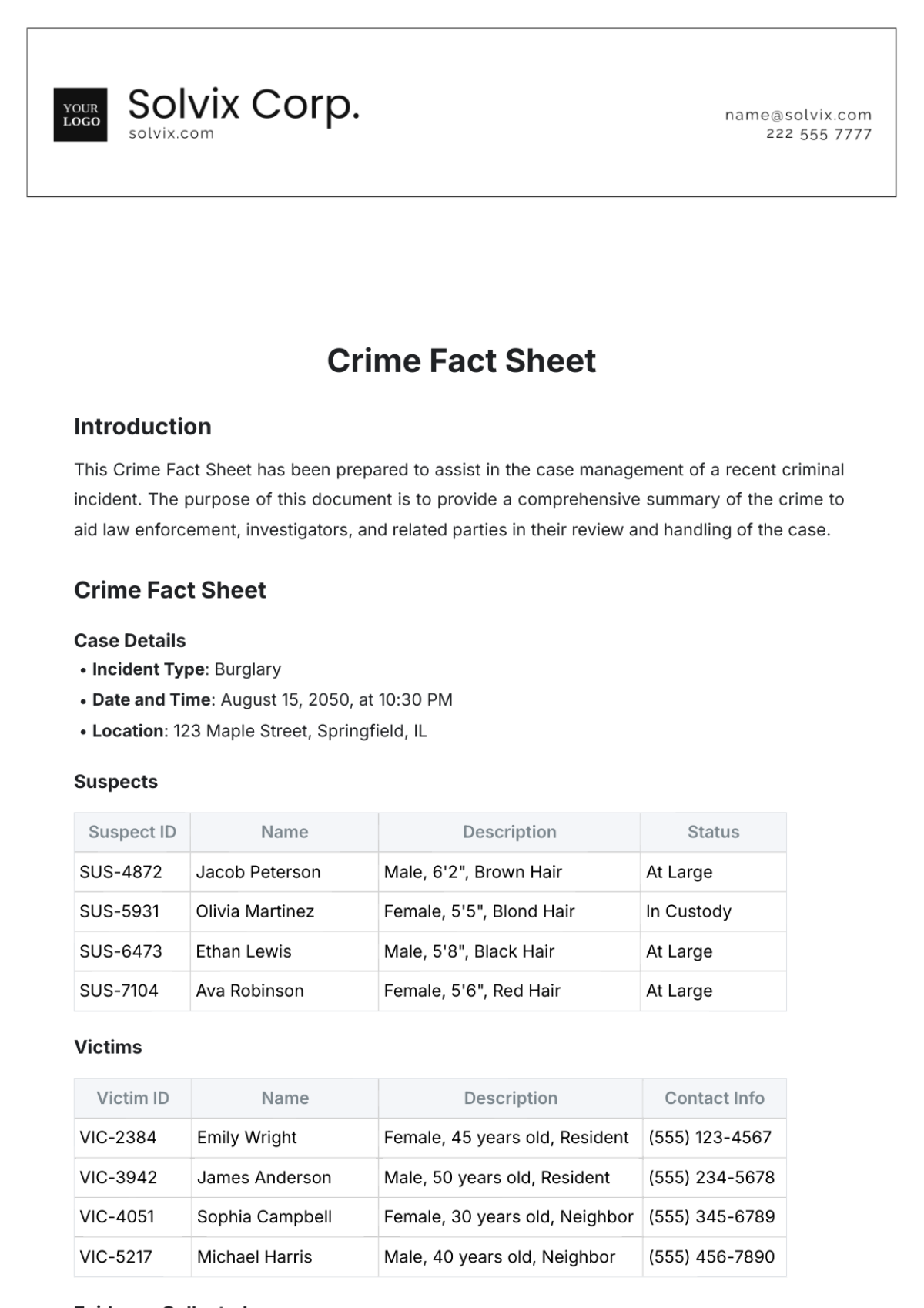Land and Property Fact Sheet
I. Introduction

The [Your Company Name] Land And Property Fact Sheet provides comprehensive information about land and property ownership, regulations, and transactions. It aims to educate individuals, assist property buyers and sellers, provide guidance on land development, and facilitate informed decision-making in real estate transactions.
II. Overview
This document provides comprehensive details on land and property management, including ownership, regulations, and transactions. It aims to be an essential resource for parties involved in real estate and land development.
III. Land Use and Zoning Laws
Understand zoning classifications and permissible land use under local regulations:
Residential Zones
Commercial Zones
Industrial Zones
Agricultural Zones
Special Zones (e.g., historical sites)
IV. Property Rights
Essential information on the legal rights associated with property ownership, including:
Ownership Rights
Leasing and Rental Rights
Right of Access
Mineral and Water Rights
V. Legal Considerations
Key legal aspects that impact property transactions and ownership:
Title Search and Deeds
Property Taxes
Easements and Liens
Dispute Resolutions
VI. Transaction Processes
Detailed steps involved in land and property transactions:
Initial Inquiry and Interest Declaration
Property Valuation and Inspection
Negotiation of Terms and Conditions
Contract Signing
Payment and Transfer of Ownership
VII. FAQs (Frequently Asked Questions)
Q: What is the role of zoning laws in property development?
A: Zoning laws dictate how land can be used in different areas, affecting property development. They specify permitted land uses, density, building heights, and setbacks, among other regulations.
Q: What is involved in the closing process of a real estate transaction?
A: The closing process typically involves signing legal documents, transferring funds, and finalizing the sale or purchase of a property. It may also include title insurance, property inspections, and escrow arrangements.
Q: How can I determine property tax assessments?
A: Property tax assessments are determined by local taxing authorities based on the assessed value of the property and applicable tax rates. [Your Company Name] can guide understanding property tax assessments in your area.
VIII. Conclusion

The [Your Company Name] Land And Property Fact Sheet serves as a valuable resource for navigating the complexities of land and property ownership, regulations, and transactions. By providing detailed information and insights, it empowers individuals, buyers, sellers, and developers to make informed decisions and navigate the real estate landscape with confidence.
